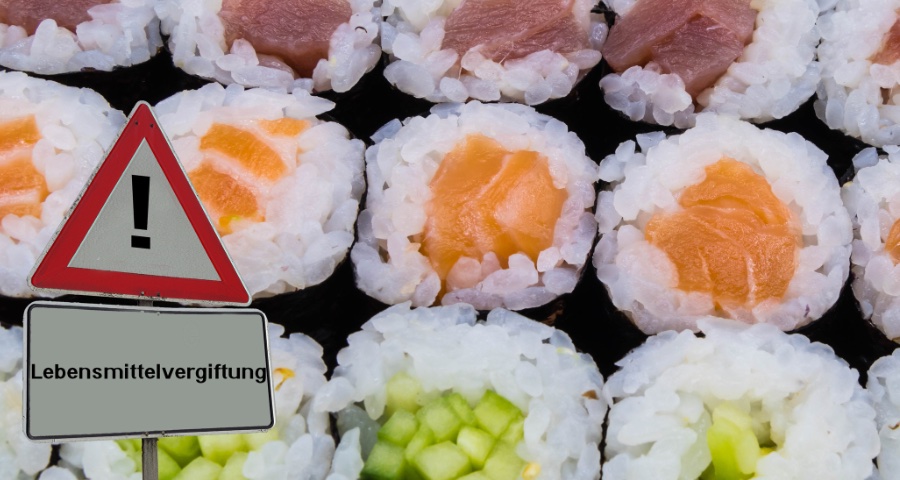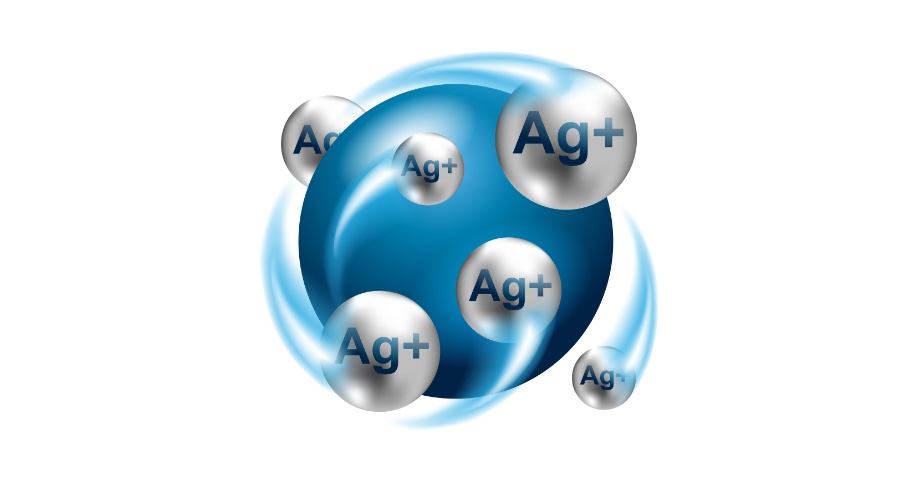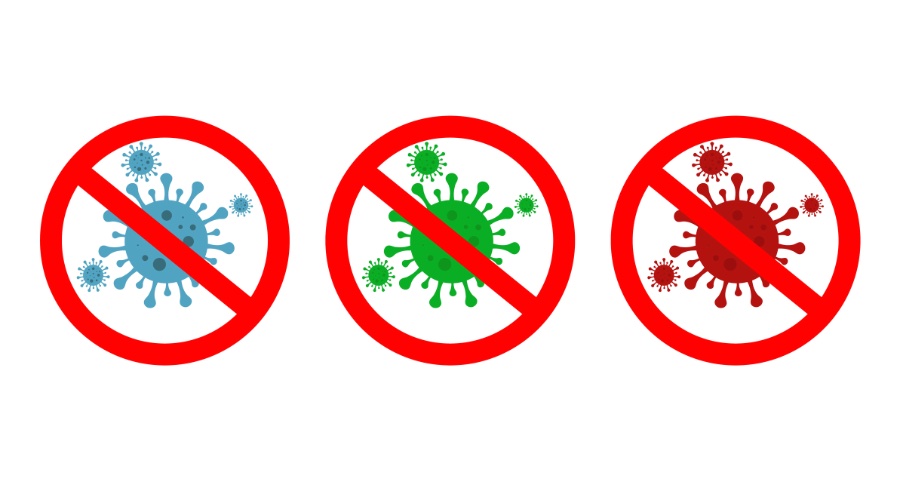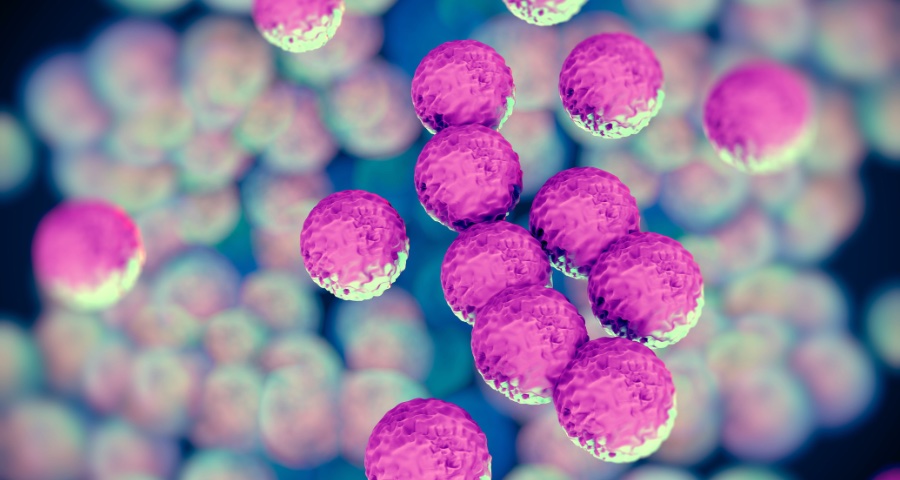
Anti-bacterial products have been very popular in Japan. We can find them in almost every product range. Now, what is anti-bacterial? What are the benefits? How does it work? Here are the answers for these questions.
What is anti-bacterial?

First of all, anti-bacterial is different from “disinfection” or “sterilization”. It is “deactivation” of bacteria. There are some kinds of anti-bacterial agents, but “Ionized Silver” is the agent that is used most in the market Ionized Silver is not something poisonous to the human body, and is safe even if by any chance it enters our body. So, anti-bacterial measures are safe to keep utensils hygienic in a kitchen.
How does it work?

Generally speaking, tiny particles of an ionized silver agent are dispersed on the surface and the inner part of products. The ionized silver reacts with moisture or oxygen in the air or water, and creates “Reactive Oxygen” on its surface. And when bacteria contacts the reactive oxygen, the surface of bacteria is damaged and thus it gets deactivated, and then cannot proliferate. This is how it works.
What are the benefits?

The benefit of anti-bacterials is to maintain product hygiene. Actually, maintaining hygiene is difficult. For instance, washing a product can be difficult due to its complicated shape or material. For a product like a cutting board which has a lot of knife cuts, complete washing is hard to be accomplished. There is always a risk that harmful bacteria continues to grow in the cuts. Since bacteria is invisible, you never know if it has proliferated. But anti-bacterials help reduce the risk of bacteria growth.
A note of caution

Again, anti-bacterial is not a biocide, but a property that withholds the growth of bacteria. It doesn’t mean that there is no bacteria on anti-bacterial products. As mentioned above, anti-bacterials don’t work without direct contact of bacteria. Which means if there are contaminants or stains between them, it becomes less effective. So, products should be washed well after use. The anti-bacterial property of HASEGAWA products is certified by SIAA. (The Society of International sustaining growth for Antimicrobial Articles) However, it is not certified in countries or areas other than Japan.


Comment